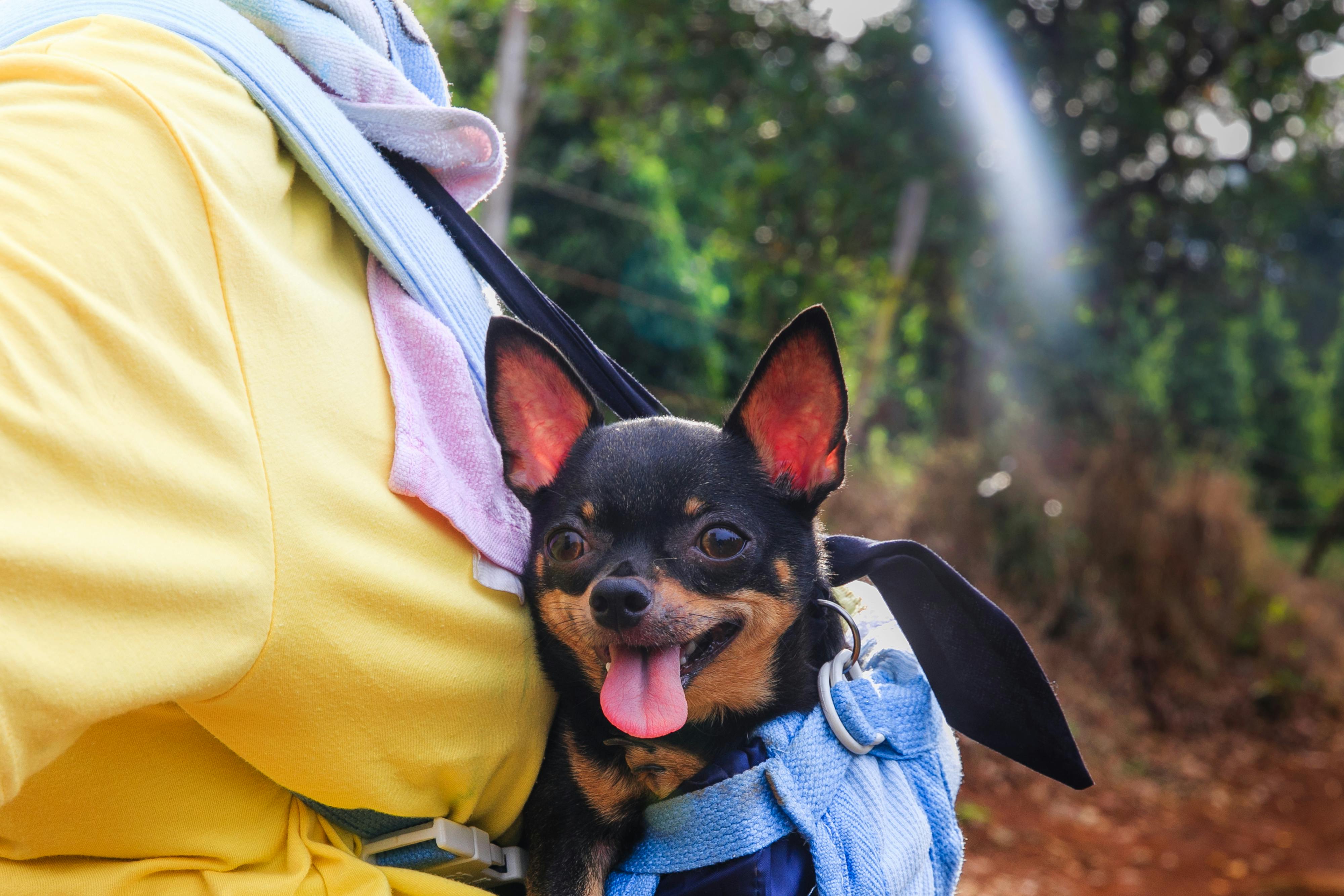Dirty game…
As a young teenager living on the west coast of Florida, I was like a fish out of water. I moved there from New York with my parents. There were a lot of things that took a bit of getting used to and I wasn’t a fan of the heat or bugs. Whoever invented air conditioning has my eternal gratitude! Then there were things that helped me tolerate any negative aspects. Casual lifestyle and dress, beaches and fishing to name a few. One of the things I really loved about Florida was that it lacked a lot of the rules and restrictions that East Coasters were and still are cursed with. Even in the early 1970s you couldn’t walk into a New York or Long Island pet store and buy a monkey. However, you could do it in Florida.
Before the government decided that it would make all the decisions for us, there was a time when you could decide a lot of things for yourself. That included what kind of pet you might want to buy or adopt. Sadly, there were a few people who messed that up for honest, sincere, and considerate pet owners… People who perpetually tied their dogs to a tree, kept an alligator in the pool, had a tiger in their apartment, or used their house as a an animal rescue center keeping hundreds of malnourished cats in a totally unacceptable environment… Now, I’m not saying there shouldn’t be laws against keeping certain types of wild or exotic animals as pets. What I want to point out is that if the government forbids people to keep animals because they are endangered or, in the opinion of some “expert”, could be psychologically damaged by living with people… Then they are barking up the wrong tree.
When I was a fourteen-year-old boy, I walked into a Florida pet store and saw a squirrel monkey languishing in a small cage. This was not a case of neglect or abuse. Pet stores often do this type of thing as a hook for you to buy one of their more expensive or hard-selling selections. That’s what my dad said and he was right. Another week passed and the monkey was still there when I returned. At $25 it didn’t cost a fortune and that price meant the store wanted it gone. It was a time when there were few tourists in the city and that made selling difficult. Most of the locals were older and didn’t want the hassle of having a pet primate. Also, the jumpsuit was not good at self-promotion. He had barely been weaned when someone took him from his mother, gave him some shots, and sold him to the pet store for resale. As a result, the animal was shy, slippery and scared.
I went to the local library and did some research on squirrel monkeys before finally buying it two weeks after my first visit to the pet store. My parents were good with my purchase because I had always been a responsible pet owner, having had a dog, birds, and guinea pigs. The dog died before we moved in. The other pets were adopted by neighbors who already knew and liked them because it was simply not possible to bring them. I named my monkey Sam and brought him home to a large cage we had in a Florida room with lattice windows on the side of our house. It overlooked an unused lot that was overgrown and jungle-like. If necessary, the air conditioning in that room could be cut off, but it did get hot during the brief period of time that our area experienced cold weather.
Squirrel monkeys are easy to feed, they are not very expensive to keep, and they are not difficult to train if you train them to do things that they like to do. However, they require a lot of company and mental stimulation. Fortunately, Sam loved me. He tried to bite me at first so I pinched him a few times until he learned not to be so aggressive. This was only possible because I got it very young. She also put him in his cage when he misbehaved. The idea was to use conditioning and repetitive discipline as tools to get the animal to behave. I was the head of this group of primates, not him. I was the provider of food, water and shelter. Once he discovered all this, he learned faster. At first I used a leash. After a few months it was no longer necessary. He was allowed to roam freely under our supervision and even played outside while we barbequed or jumped into our pool. He used the vacant lot of the next store as an exercise yard climbing trees and chasing birds and squirrels. He also used it as a potty, so I guess you could say he was potty trained for the most part.
Dogs and monkeys are sworn enemies. You really can’t have both without stressing out one or both pets. Actually, the monkeys are jealous. I strongly suggest that if you plan to have such a monkey, you avoid having other pets. Most monkeys that are not well trained or treated kindly are likely to become mean or moody as they grow into adulthood. Constantly caged monkeys will either urinate on you or throw feces at you. They can also attack you or destroy things they deem important to you if given the chance.
As a rule, monkeys are intelligent. They are fast learners and are great escape artists. That is why training is important. I always left Sam’s cage door open once he was trained. I closed the doors to that room. He learned to close or open his cage door as he saw fit. After a while, he learned to open and close all the doors that led to the backyard so he could go out to play or relieve himself. But he would never go unless one of us gave him our permission. The doors to his room were padlocked when we went out without him.
Owning a squirrel monkey is easy and difficult… satisfying and frustrating… fun and annoying… but is it ethical? Is it harmful to the animal? You’ll have to decide for yourself unless your city or state has already done that for you. The truth is that people are going to have monkeys regardless. In China it is illegal, but thousands of Chinese own “Pocket Monkeys” which are usually bought as baby Pygmy Mamosets, Capuchins or Resus monkeys. They don’t treat them well. Their arms are tied so that they learn to practice walking on two legs instead of on all fours, which is painful and unnatural for them. They shave off their fur and dress them in clothes. You get the picture. These animals are status symbols in China, where most authorities look the other way and ignore the wealthy and important people who own them. However, if they or responsible pet owners did not purchase the monkeys, they would be sold to research laboratories and sentenced to a lifetime of physically or emotionally damaging experiments while living in a small cage with no love or companionship.
Each year, tens of thousands of monkeys are sent to research facilities around the world and many requests for more from these same torture centers remain unfulfilled. Given that fact, it’s hard to worry about the morality of keeping a pet monkey compared to the same animal that ends up being a lab rat. Most people I know who have had a monkey did not abuse it, shave it, beat it, or keep it in an inappropriate environment. Again, if you have the legal right to own one, you need to decide if it’s something you should do or not. Before you do anything, do a lot of research and buy from a reputable breeder if you decide a monkey is the right pet for you. No more $25 prices. You will spend $3,000-$6,000 depending on the type of jumpsuit you choose. Capuchins are preferred by most people for their ability to learn tricks and behaviors. If your plan is small, pygmy marmosets are finger-sized as babies and hand-sized as adults. Squirrel and spider monkeys require more time and effort than most people want to invest in a pet.



